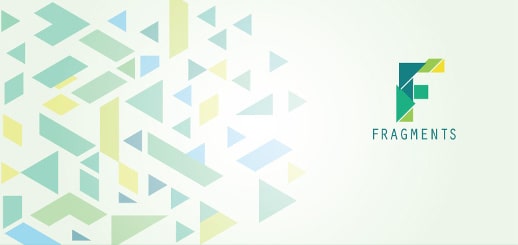
Fragments 2019
State of mobile engineering, state of platforms, hardware and user research.
Mar 2019
25 Mon
26 Tue
27 Wed
28 Thu
29 Fri
30 Sat 08:45 AM – 05:30 PM IST
31 Sun

State of mobile engineering, state of platforms, hardware and user research.
Mar 2019
25 Mon
26 Tue
27 Wed
28 Thu
29 Fri
30 Sat 08:45 AM – 05:30 PM IST
31 Sun
Jitin
@jitinsharma
Submitted Feb 26, 2019
In the current wave of cross platform solutions, Kotlin’s multiplatform is shaping up to be a unique proponent of code reuse. Unlike write once run everywhere, Multiplatform offers a unique space of reusability and formalization of code across platforms and also removes dependency on custom VMs or runtime. Modern apps are build on top of abstractions and architectures which make sure code-bases remain mature, testable and error free. They on the other hand also introduce a lot of boilerplate code. This presents an opportunity of code reuse with help of Kotlin multiplatform. Through this talk, we’ll see how can harness power of Kotlin Multiplatform to create apps using architectures such as MVP, MVI etc and use Kotlin native to build an abstraction layer across platforms. We’ll also go through usage of various multiplatform libraries for database and network management.
Jitin works as an Android Engineer at GO-JEK, India where he works on aligning design and development as part of UX engineering. He writes about Android and Kotlin on Medium, is an open source contributor and has a certification in Android Developer Nanodegreee from Udacity.
He has previously given talks at DroidJam Conference and local meetups in Bangalore.
{{ gettext('Login to leave a comment') }}
{{ gettext('Post a comment…') }}{{ errorMsg }}
{{ gettext('No comments posted yet') }}